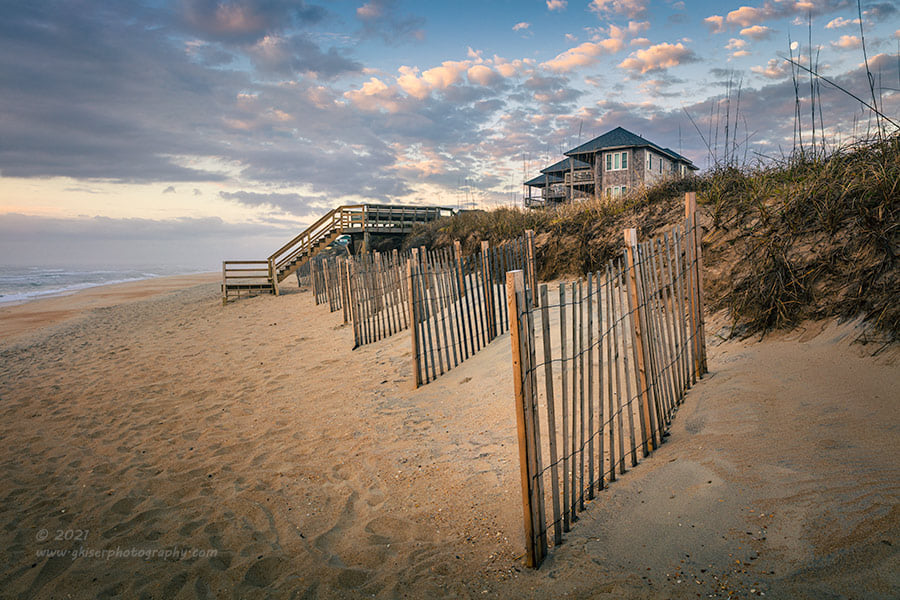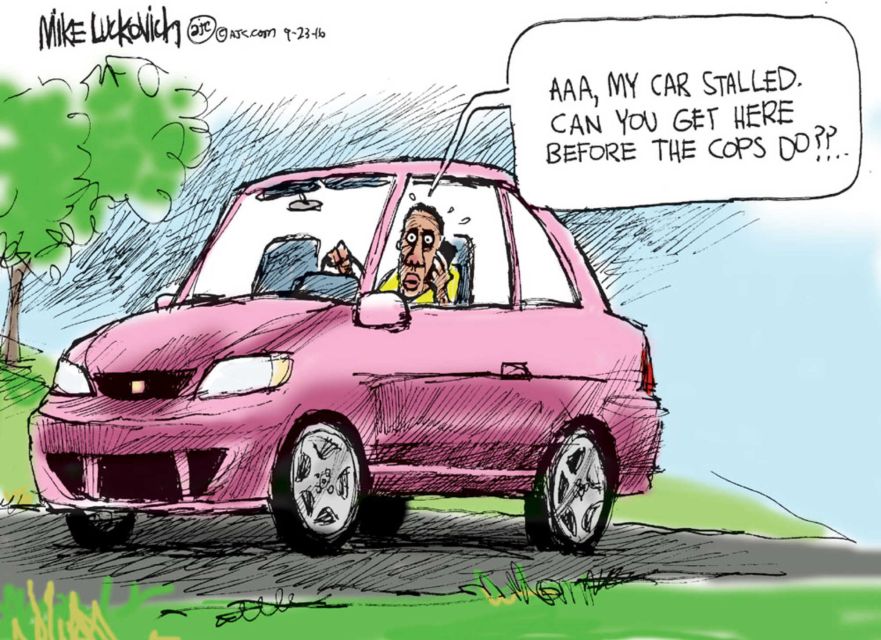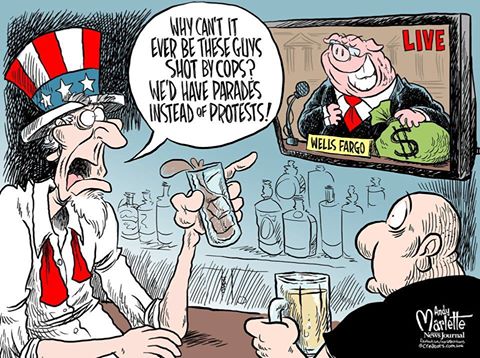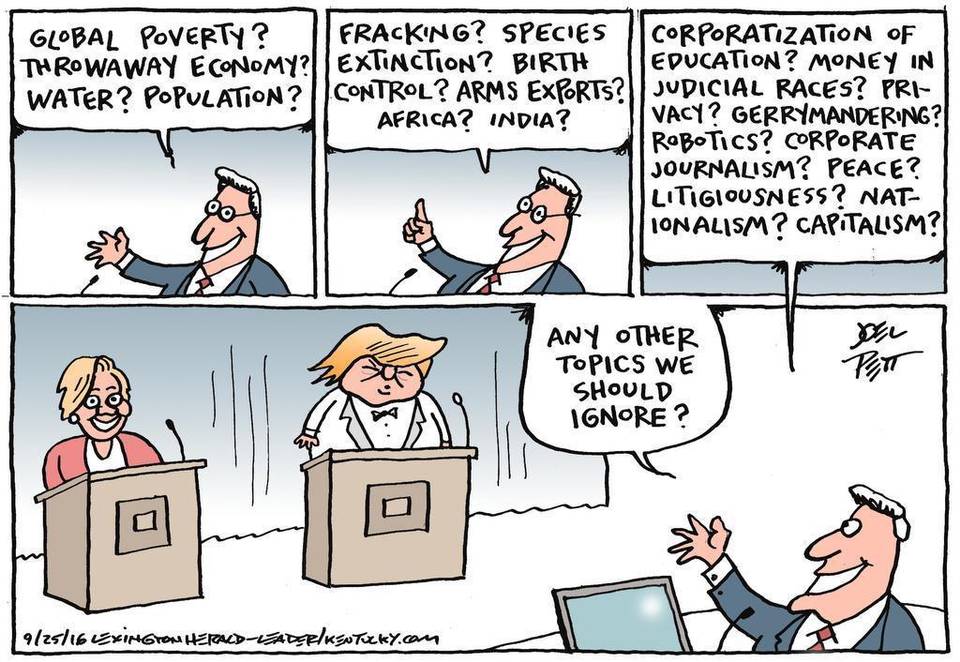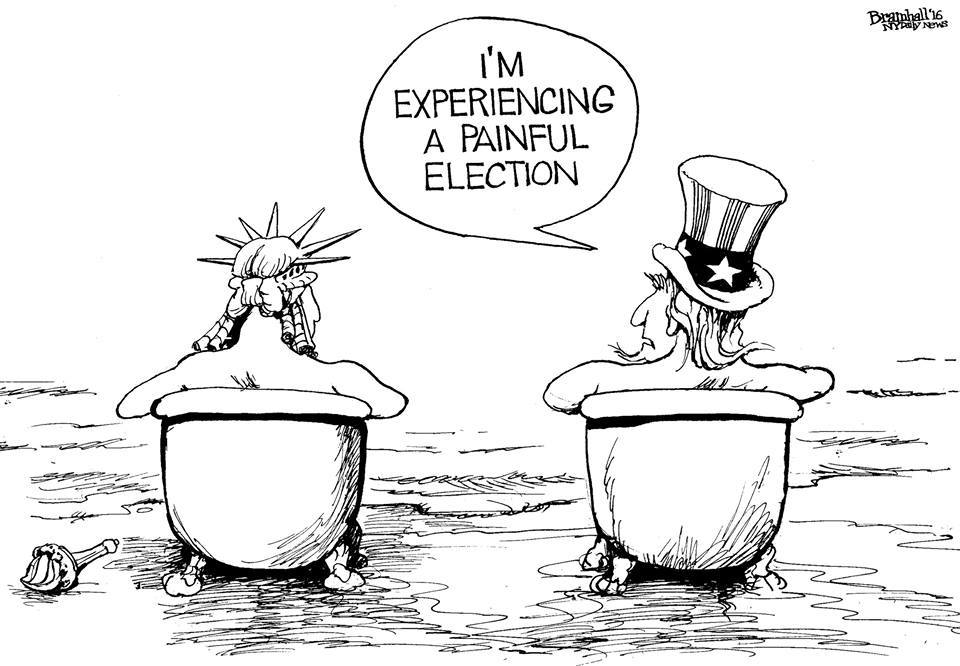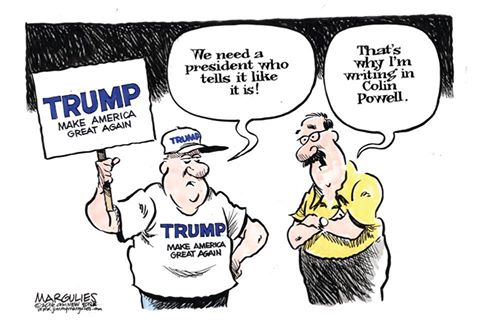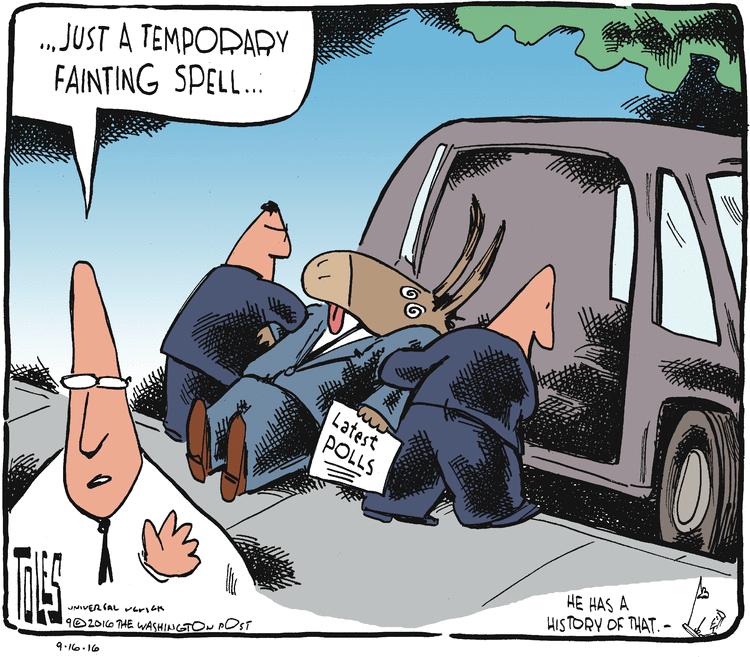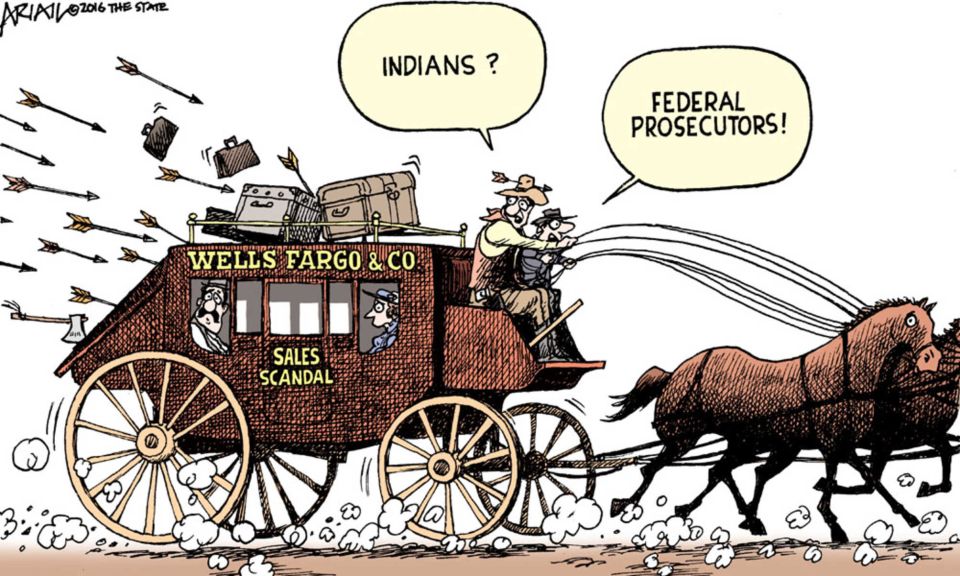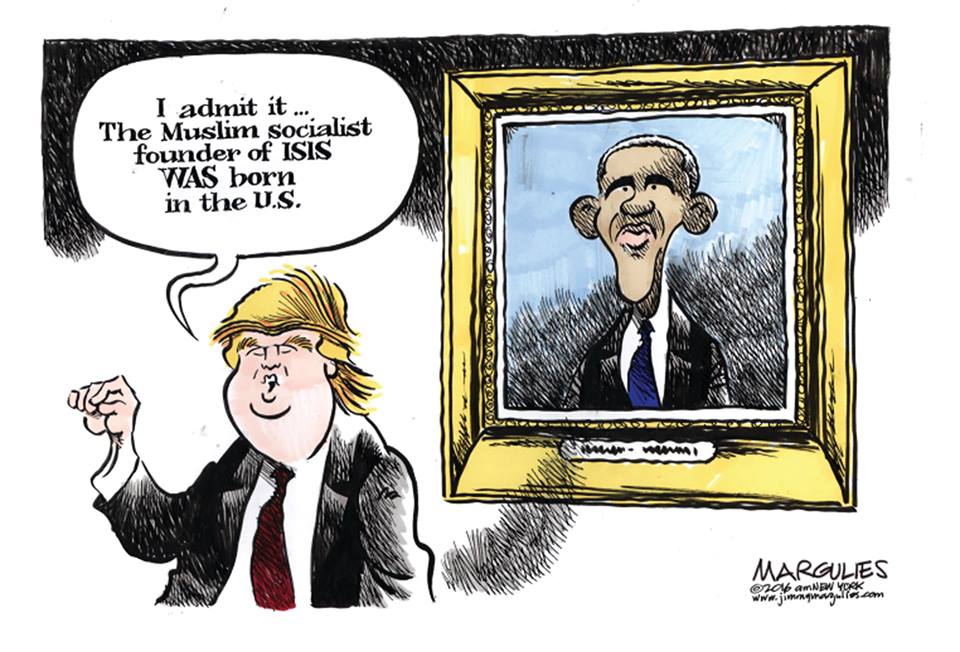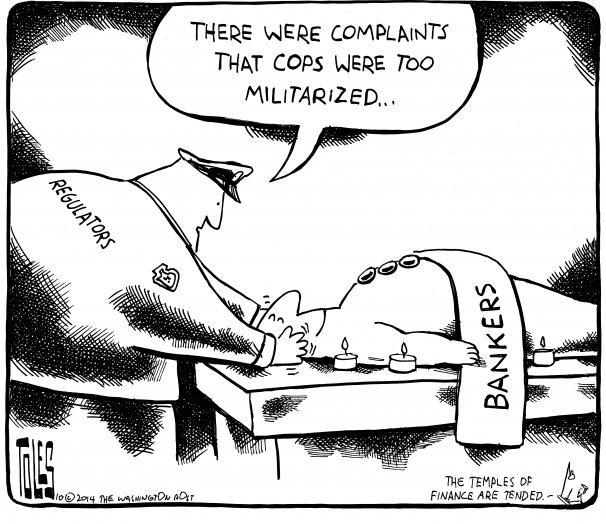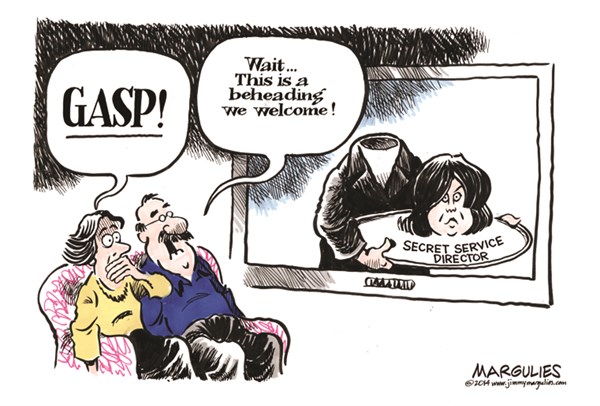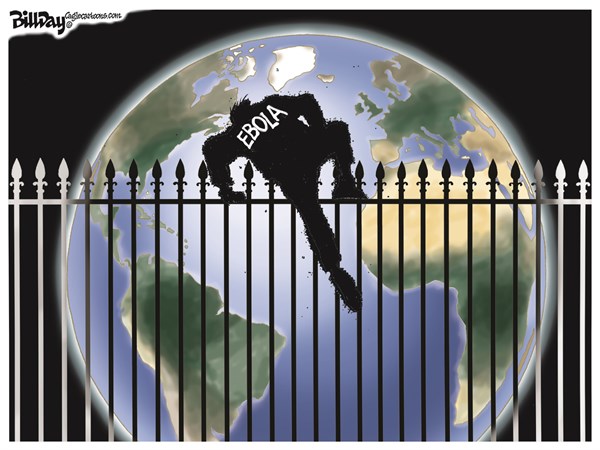The Daily Escape:

Pronghorn in Las Cienegas National Conservation Area, AZ – March 2023 photo by Alan Nyiri Photography
More about the Silicon Valley Bank (SVB). A joint announcement by Treasury Secretary Yellen, Fed Chair Powell, and FDIC Chairman Gruenberg said:
“After receiving a recommendation from the boards of the FDIC and the Federal Reserve, and consulting with the President, Secretary Yellen approved actions enabling the FDIC to complete its resolution of Silicon Valley Bank, Santa Clara, California, in a manner that fully protects all depositors. Depositors will have access to all of their money starting Monday, March 13…”
This appears to be the mechanics of the bailout:
- The Fed gives money to the FDIC as needed.
2. The FDIC makes all deposits available on Monday. Not just those that are FDIC-insured.
3. The FDIC then sells the assets of the banks, which will take time.
4. The difference between the cost of bailouts and the net proceeds from the asset sales is the actual amount the FDIC will have lost.
5. The FDIC will charge all other banks a “special assessment” to cover the losses.
6. The FDIC will then pay the Fed back with the special assessment funds it collects.
Much about this makes Wrongo’s blood boil. We have a well-defined regulatory system for the US banking industry. But, as with our lax regulation of train traffic that resulted in the Norfolk Southern accident in East Palestine, these pesky banking regulations were considered a major impediment to Mr. Market.
Regional banks argued that they shouldn’t be held to the same standards as the biggest banks because if they failed, they wouldn’t pose systemic risks to the banking industry or the nation.
So in 2018, Dodd-Frank was amended by the Trump administration to raise the asset threshold at which a bank would be considered “too big to fail” from $50 million to $250 billion. The 2010 original law required that banks considered systemically important keep more capital on hand, undergo stress tests and produce a “living will” that would provide for their orderly dissolution.
But now five years later, the FDIC says that SVB and Signature Bank in NY really do pose a systemic risk to the banking system! The regulators are saying that the threat of a systemic risk gives them the authority to hold all SVB depositors harmless, even if their deposits exceed the current FDIC maximum of $250,000.
Few if any average Americans have $250,000 in a single bank account. Who has bank accounts above $250,000? Corporations.
The FDIC insurance on deposits is meant to assure retail customers, not companies that hold very large balances. Why? Because companies have the ability to perform their own risk analysis. This risk analysis should force them to ask questions about the business practices of the bank, to make sure the bank will properly manage their assets.
The US is going to protect the deposits of corporations in this bailout despite the fact that there’s a product called “Insured Cash Sweep” that cuts your large deposits into pieces that are FDIC insured (i.e. $250k each). In the event of a bank run, those deposits would not be over the limit, so they would be safe.
But, for reasons unknown, the Silicon Valley Venture Capital masters of the financial universe didn’t deign to use it.
American capitalism remains a system that privatizes profits until shit happens. And then? We socialize the losses, meaning it’s up to the federal government and taxpayers to handle the problem. When Biden says the banking system will pay fees via a special assessment, that means the cost will ultimately be paid by depositors and borrowers through higher fees and interest costs.
This is why people have so little faith in our government.
The very serious people in finance and politics were worried that the 2023 version of the US banking system might be close to another 2008-style collapse. So the Treasury, Fed and FDIC had to step in.
The basic problem relates to what’s called “asset management” in the banking biz. The goal of asset management is to maximize the return of the bank’s investment portfolio while maintaining an acceptable level of both liquidity and risk.
For banks, that means keeping a certain amount of cash available to meet the needs of depositors and investing the rest in loans or bonds. SVB invested in long-term bonds in order to realize better returns on their investment portfolio, because short-term interest rates were very low. They, like others, felt it was necessary to maintain a portfolio of higher yielding assets to offset the low market rates generally available to them.
But when mass withdrawals from depositors started to happen, they had to sell bonds at a loss, ultimately leading to default and FDIC takeover. Wasn’t it the job of the SVB executives to foresee this? And adjust their asset management accordingly?
This seems to mean that the $250,000 FDIC limit has effectively gone away. If true, there’s systemic risk that taxpayers will have to bail out bank deposits with uninsured deposits at any bank. Most of those depositors will be corporations. So, new rules must be written. And until then, we’re in trouble.
The big picture is that very few people of means in America ever pay a price for bad management.
And none go to jail.
Average Americans who get caught cheating on their taxes might go to jail if you were represented by an overworked public defender. But if you had the means to hire a high-priced lawyer, most likely, you will get community service, or probation.
It’s never been a fair system. Back in the 2008 Great Financial Crisis, then-Treasury Secretary Timothy Geithner worked to save his banker cronies; they didn’t lose money. They didn’t go to jail. The economy was saved, but no one who profited from blowing it up paid a price.
The bottom line: If I’m bad at my job, I’ll get fired. If these bankers are bad, they may get rescued by the government.
And one way or another, we’ll be paying for it.


